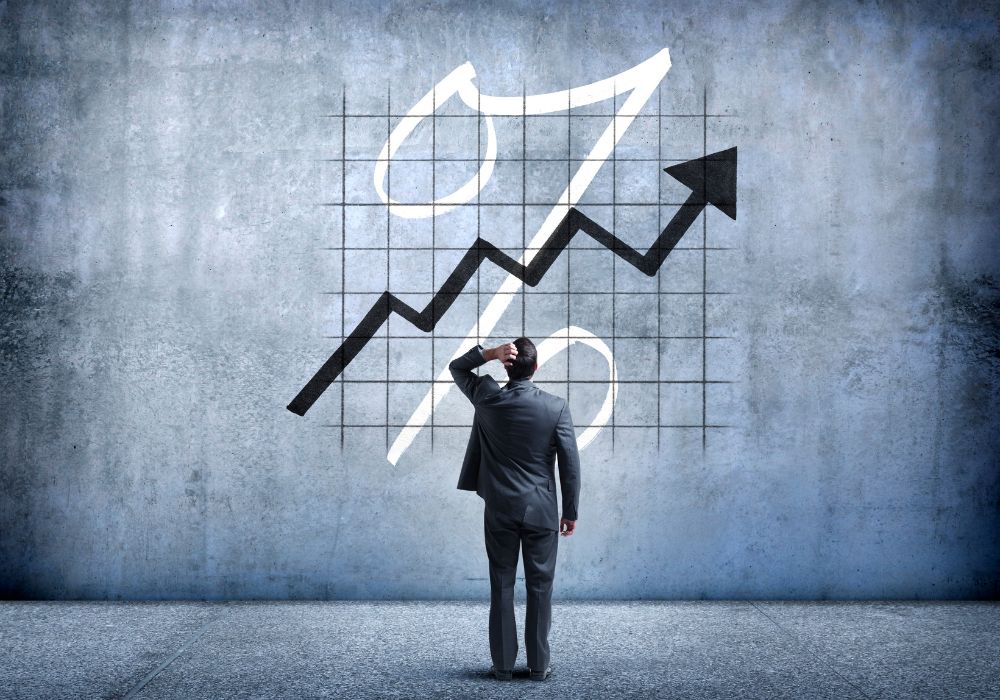If you’ve noticed your auto or homeowners insurance premiums creeping up recently, you’re not alone. Many policyholders across the country are experiencing rate increases, leaving them wondering what’s causing the change. While it might feel like these adjustments are coming out of nowhere, several key factors are contributing to these rising costs. Let’s dive into the reasons behind the increase and what it means for you.
One of the biggest reasons for the increase in both auto and homeowners insurance rates is the escalating cost of repairs and replacements. For auto insurance, advancements in car technology mean that vehicles are more complex—and expensive—to repair. Features like sensors, cameras, and computerized systems increase the overall cost of fixing even minor accidents.
For homeowners insurance, the rising cost of building materials is a major factor. With supply chain issues and inflation affecting the price of lumber, steel, and other materials, the cost of rebuilding or repairing a home has skyrocketed. Labor shortages also add to the expense, driving up construction and repair costs.
Natural disasters are occurring with more frequency and severity, impacting both auto and homeowners insurance. Floods, hurricanes, wildfires, and other extreme weather events lead to a surge in claims, putting pressure on insurance companies to pay out higher amounts more often. As a result, premiums rise to cover the increasing number of weather-related losses.
In the Pacific Northwest, homeowners are particularly affected by severe storms and wildfires, which can cause extensive damage to homes and property. This risk translates into higher insurance costs for property owners in vulnerable areas.
General inflation plays a huge role in driving up insurance costs. Everything from labor to materials is more expensive, and insurance companies must adjust rates to keep up with the rising expenses of doing business. When the cost of parts, repairs, labor, and goods goes up, insurers adjust premiums to reflect these increased expenses.
As more people return to their pre-pandemic routines, we’re seeing a rise in traffic accidents and, consequently, auto insurance claims. Additionally, with more people spending time at home, there’s been an uptick in homeowners insurance claims related to accidents and property damage.
While the rising rates can be frustrating, there are steps you can take to help mitigate the impact:
Though rate increases can feel overwhelming, understanding the reasons behind them can help you make more informed decisions about your coverage. Stay proactive, review your policies regularly, and explore all your options to ensure you’re getting the best value for your insurance needs.
